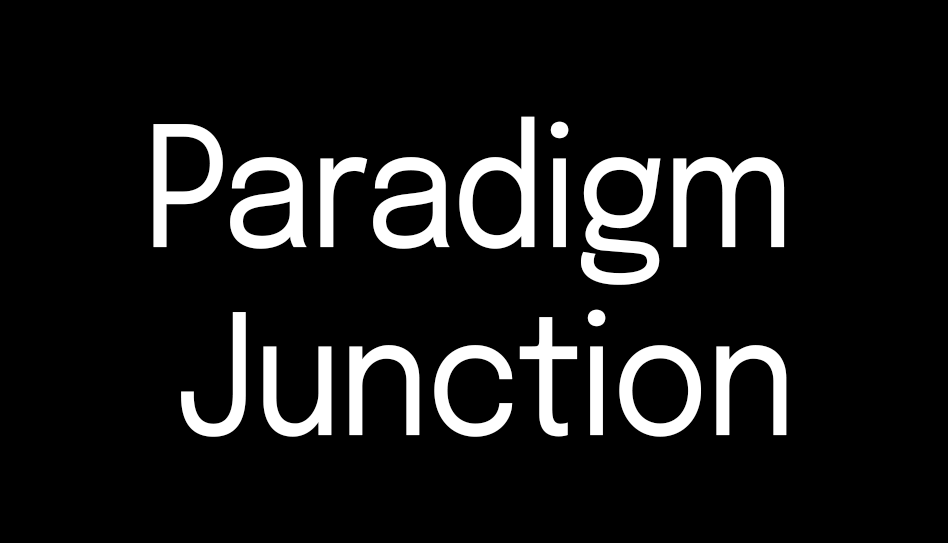
Privacy Policy

AI Agents and navigating the web
The underpinning technologies that drive the internet, or rather that drive the profits of the biggest companies on the internet, go a long way in determining what it feels normal to do online.

AI Investment and Sovereignty: Rethinking What Counts
The future of British sovereignty in AI will not be decided by where our servers sit. It will be decided by who builds, controls, and profits from them. The investment decisions that determine this are being made now.

How an AI workshop can unlock adoption across your office
How to run your own AI workshop. Pre-workshop: don't assume anything
-139050.jpg)